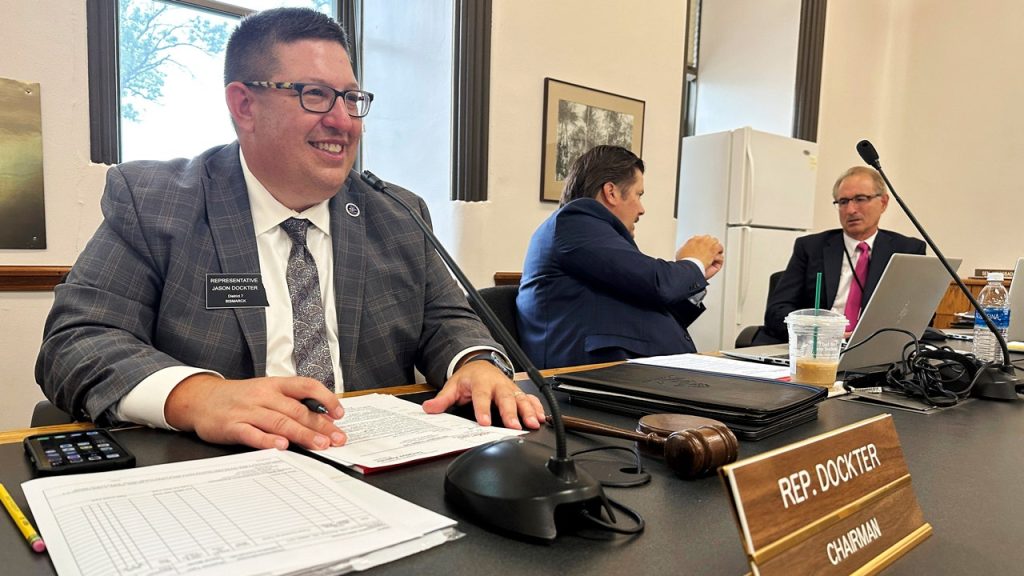A North Dakota state lawmaker, Republican Rep. Jason Dockter, was convicted of a misdemeanor in connection with a state-leased building that he has ownership ties to. The charge stemmed from allegations that Dockter voted on legislative bills appropriating money for property in which he had a pecuniary interest. The charge carries a maximum penalty of 360 days in jail and/or a $3,000 fine. Dockter, who pleaded not guilty, has not yet been sentenced and is considering an appeal. The charge was part of a longstanding controversy surrounding the building, which incurred a cost overrun of over $1 million during the tenure of the late Attorney General Wayne Stenehjem.
Republican House Majority Leader Mike Lefor expressed concern over the verdict, stating that legislators may not feel comfortable knowing what constitutes a conflict of interest. He suggested a review of legislative rules, state statutes, and a conversation with the Ethics Commission to clarify the boundaries for legislators. Lefor described the situation as a “slippery slope,” referring to scenarios such as a teacher voting on education bills or a farmer voting on agricultural issues. Prosecutors declined to comment on the verdict.
The case involving Dockter and the state-leased building has raised questions about trust and transparency among state lawmakers. Attorney General Drew Wrigley disclosed the cost overrun and the deletion of Stenehjem’s state email account after his death. Prosecutors declined to bring charges for the deleted emails, raising further concerns among lawmakers. Dockter, who has denied any wrongdoing in the lease arrangement, is a co-owner of companies that own and worked on the building. The controversy surrounding the building has been ongoing for nearly two years.
Despite calls from the Democratic House Minority Leader Zac Ista for Dockter to resign, the lawmaker has stated that he has no immediate plans to do so. Republican Majority Leader Lefor does not anticipate any immediate action from the Republican-majority House against Dockter. The Legislature is currently not in session and will not convene until January 2025. The aftermath of the case has highlighted the need for a more clear understanding of conflicts of interest and transparency in legislative decisions.
The issues surrounding Dockter’s conviction and the controversy with the state-leased building have prompted discussions about ethics and accountability among North Dakota lawmakers. The conviction has sparked a debate over the interpretation of conflicts of interest and the need for clearer rules and guidelines for legislators. The ongoing investigation and legal proceedings have underscored the importance of trust and transparency in public office, as well as the repercussions of potential misconduct or ethical lapses in government settings. The outcome of Dockter’s case and the broader implications for legislative decision-making and accountability remain subjects of scrutiny and reflection among policymakers and the public.













